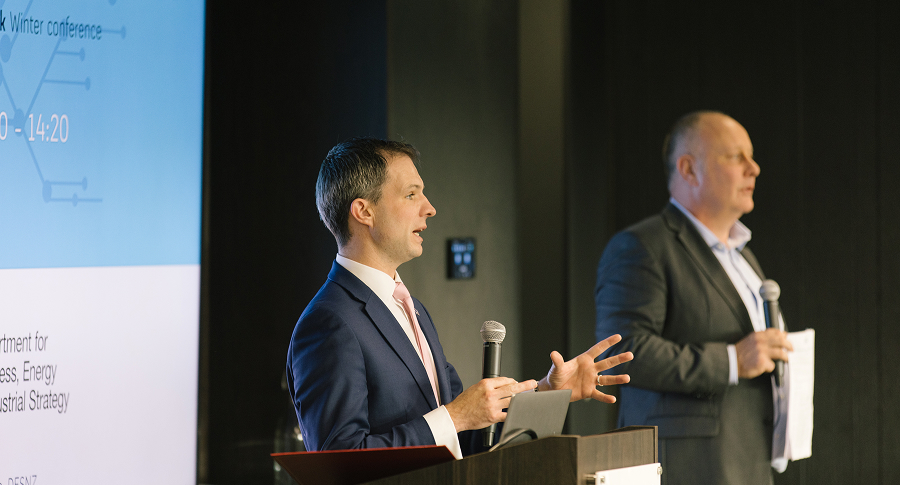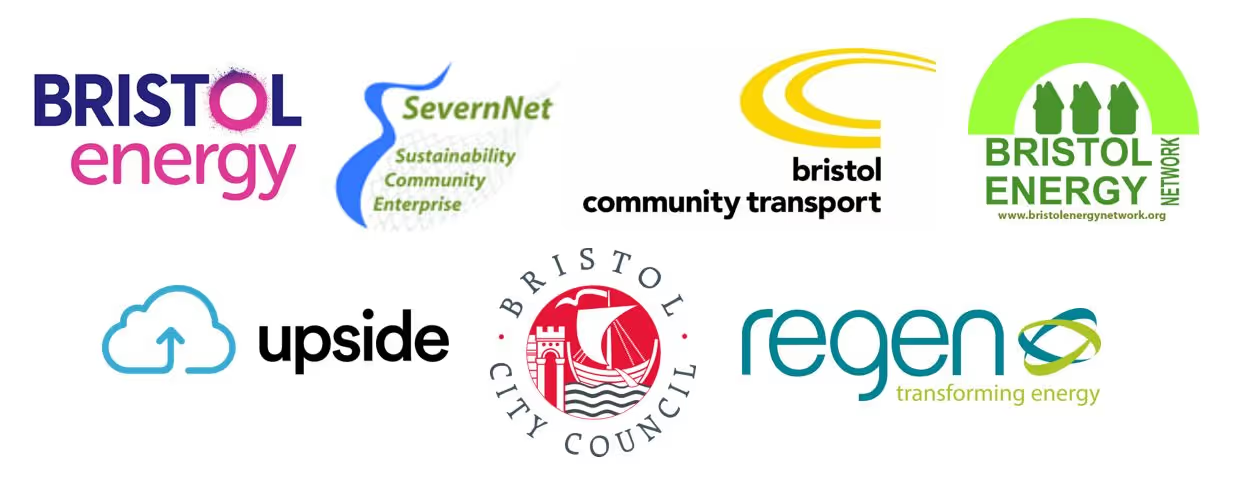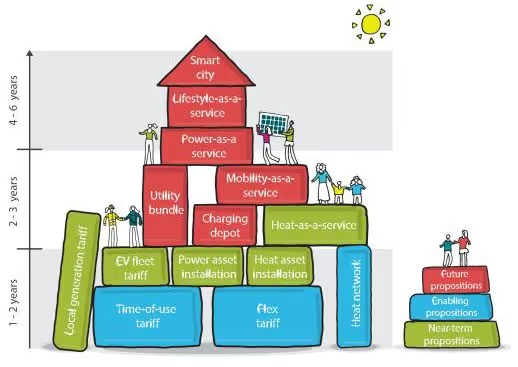Regen’s smart energy expert, Tamar Bourne, takes a closer look at how new technology platforms, and new customer propositions, will enable consumers and business to buy clean and affordable energy users in the future.

Regen’s smart energy expert, Tamar Bourne, takes a closer look at how new technology platforms, and new customer propositions, will enable consumers and business to buy clean and affordable energy users in the future.

The BESST (Bristol Energy Smart System Transformation) project designed a customer focused way to deploy smart energy and digital technology at scale. It aimed to reduce energy system costs and deliver a radically new customer experience for local energy consumers and businesses. The project was funded by Innovate UK.
We worked with a multi-disciplinary consortium to integrate existing technology and commercial offerings to reach a tipping point and unleash mainstream adoption of local energy system offerings. Our partners were Bristol Energy, Upside Energy, Bristol City Council, Bristol Energy Network, Bristol Community Transport and SeverNet.
The project aimed to create a cluster of smart homes and businesses across four wards in west Bristol, including the Avonmouth and Severnside enterprise area.
Digitally integrated within a flexibility and smart city platform, these energy consumers would be empowered to take advantage of a number of new and innovative energy service propositions, such as new smart and local generation tariffs, 'Energy as a Service' models, energy management and optimisation and, in the future, energy peer-to-peer trading and local energy markets.
The focus of the design phase was on engaging with both customers and new smart energy supply chain actors to validate the value propositions and confirm the technical, commercial and regulatory architecture. The goal was that, by the end of phase one, the solutions could be rolled out and form an integral part of the wider Bristol City Leap programme, which is seeking over £875 million of public/private investment to transform the energy landscape of the city.

To really decarbonise our energy system, every home and business will need to play its part. Finding smarter ways of buying energy services that are not only low carbon, but also affordable and user-friendly is an important step in that journey.
The Bristol Energy Smart System Transformation (BESST) project has been exploring just that.
Regen has been working with Bristol Energy and others to identify innovative ways of selling energy that use digital technologies to enable greater use of low carbon generation.
It was not an easy task because new technologies and ways of doing things have a cost and the energy retail market doesn’t have much margin to play with. We often talked about pies, and how you can split a tiny pie between the customer, generator, network operators and supplier in a way that enables investment, at the same time as creating an attractive and affordable proposition for the customer.
The long-term goal was to provide smart, integrated services – ‘Energy-as-a-Service’, ‘Mobility-as-a-Service’ – where investments in microgeneration, batteries, smart controls, energy efficiency measures and EVs are recouped through a fixed, competitive monthly fee.
In order to get to this point, back office functions will need to change, such as switching customers to half-hourly settlement, modifying billing processes and integrating services. It is also questionable whether consumers are ready to hand over control of their heating controls and appliances to third parties. Or are happy to be locked into a long-term energy contract, even if it’s cheaper.
So we focussed on some energy service propositions that are achievable in the near-term:
The other propositions were either seen as enablers for the near-term propositions – such as a time of use tariff that could support a local generation or EV fleet tariff – or building blocks for future propositions, which require additional components to become available such as an advanced integration platform.

Regen acted in a critical friend role to provide advice to the project team, modelling expertise and evaluation of the propositions. A key finding from the modelling was that cost reductions for batteries and heat pumps could change the asset installation propositions from being just about viable to attractive. And a citywide project like this could benefit from the economies of scale in procurement and installation, making it possible to finance, install and manage low carbon technologies in homes and businesses that would otherwise not be able to afford them.
There are still challenges with the five near-term propositions that would need to be worked out through pilots. And there are a few regulatory or policy enablers that would help move things forward, including allowing meter splitting through Balancing Settlement Code Modification P379 and rewarding local balancing of generation and demand through the charging structure, as proposed through ‘shared access’. Regen will continue to push for these changes and looking for new innovative ways to engage consumers in a smart energy system.
Despite the challenges, it is an exciting time for innovative supply arrangements and an exciting time for Bristol.
Sign up to receive our monthly newsletter containing industry insights, our latest research and upcoming events.